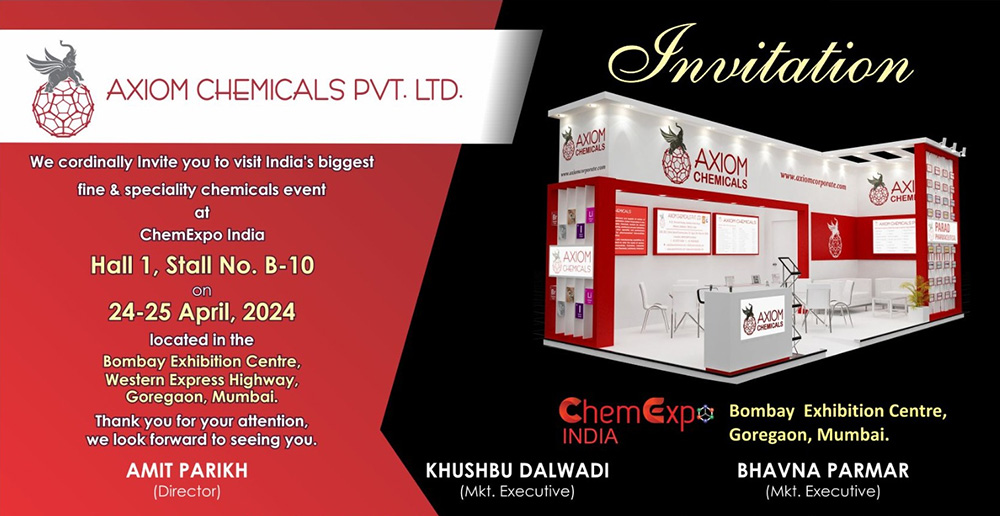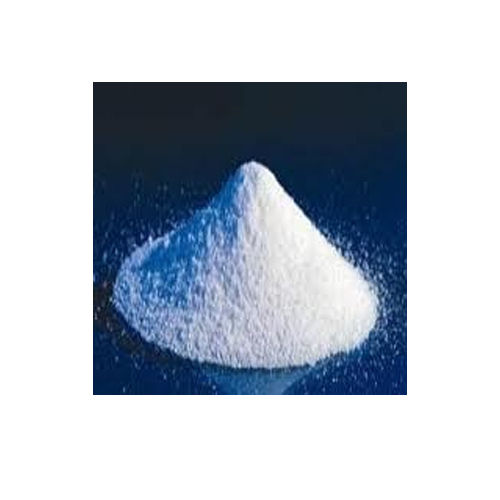Product Description
Our company is known as one of the leading manufacturers and suppliers of Lithium Hydroxide Monohydrate that is commonly used as a base within various chemical reactions such as production of various lithium based compounds. It has a chemical formula of LiOH.H2O with a molecular mass of 41.96 grams per mol. This crystalline compound shows excellent solubility in water. It can also be used as an electrolyte for batteries. It is available in purest form with high purity of up to 100 percent. This chemical compound manufactured and supplied by our company can be delivered to our clients with an assurance of fast and safe delivery.
Lithium Hydroxide Monohydrate Properties:
1. Molecular Formula: LiOH.H2O
2. Molecular Weight: 42.0 g/mol
3. IUPAC Name: lithium;hydroxide;hydrate
4. CAS Number: 1310-66-3
5. EC Number: 215-183-4
Lithium Hydroxide Monohydrate Applications:
1. Lithium-ion Batteries: Lithium hydroxide is a key component in the production of lithium-ion batteries, which are used in various electronic devices such as smartphones, laptops, and electric vehicles. It serves as a cathode material in these batteries.
2. Air Purification Systems: Lithium hydroxide is used in air purification systems aboard spacecraft, submarines, and other enclosed environments to remove carbon dioxide (CO2) from the air by reacting with it to form lithium carbonate.
3. Grease and Lubricant Additive: Lithium hydroxide is used in the manufacturing of grease and lubricants, particularly in high-performance applications like automotive and aerospace industries. It provides excellent lubricating properties and enhances the performance and lifespan of machinery.
4. Aluminum Smelting: Lithium hydroxide is sometimes used in the aluminum smelting process as an additive to improve the conductivity of the electrolyte, thereby increasing the efficiency of the smelting operation.
5. Pharmaceuticals: In pharmaceuticals, lithium hydroxide is used in the production of lithium-based medications for the treatment of mood disorders such as bipolar disorder and depression.
6. Chemical Synthesis: It serves as a precursor in various chemical synthesis processes, including the production of lithium salts and other lithium compounds used in diverse industries.
7. Ceramics and Glass Manufacturing: Lithium hydroxide is utilized in the ceramics and glass industries as a fluxing agent to reduce the melting temperature of materials and improve their properties.
8. Water Treatment: It is used in water treatment processes to adjust the pH level and remove impurities, making it suitable for various industrial and municipal applications.
9. Carbon Fiber Production: Lithium hydroxide is used in the production of carbon fibers, where it acts as a processing aid and helps in achieving desired properties in the final product.
Lithium Hydroxide Monohydrate FAQ:
Q. How is lithium hydroxide monohydrate produced?
Ans: Lithium hydroxide monohydrate is typically produced by reacting lithium carbonate with calcium hydroxide in water. The resulting solution is then treated to remove impurities and crystallized to obtain lithium hydroxide monohydrate crystals.
Q. What are the properties of lithium hydroxide monohydrate?
Ans: Lithium hydroxide monohydrate is a white, crystalline solid with a high melting point. It is soluble in water and forms alkaline solutions. It has a strong affinity for carbon dioxide, which makes it useful in air purification systems.
Q. Is lithium hydroxide monohydrate hazardous?
Ans: While lithium hydroxide monohydrate itself is not highly toxic, it can cause irritation to the skin, eyes, and respiratory system upon prolonged exposure. It should be handled with care, and safety precautions should be followed during its handling and use.
Q. Can lithium hydroxide monohydrate be stored safely?
Ans: Yes, lithium hydroxide monohydrate should be stored in a cool, dry place away from sources of heat and moisture. It should be kept in tightly sealed containers to prevent absorption of moisture from the air, which can cause the material to degrade over time.
Q. Is lithium hydroxide monohydrate compatible with other chemicals?
Ans: Lithium hydroxide monohydrate is generally compatible with most other chemicals, but it should be handled with care and stored separately from strong acids and oxidizing agents to avoid any potentially hazardous reactions.
Q. Are there any regulatory restrictions on the use of lithium hydroxide monohydrate?
Ans: The handling, transportation, and disposal of lithium hydroxide monohydrate may be subject to regulatory restrictions and guidelines depending on the jurisdiction and specific application. It is important to adhere to all applicable regulations and safety protocols.



